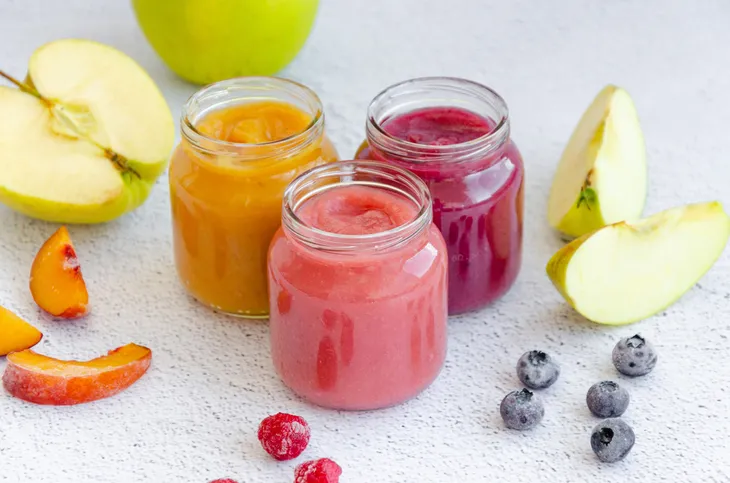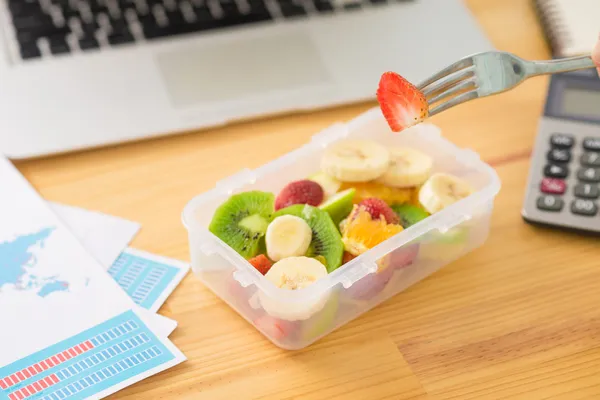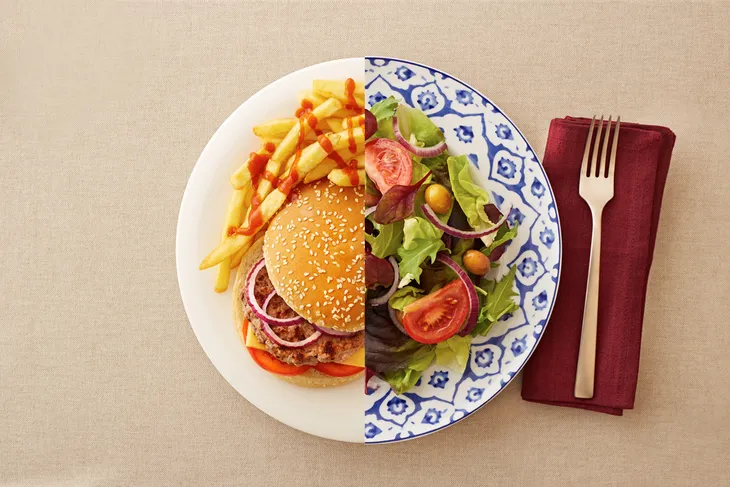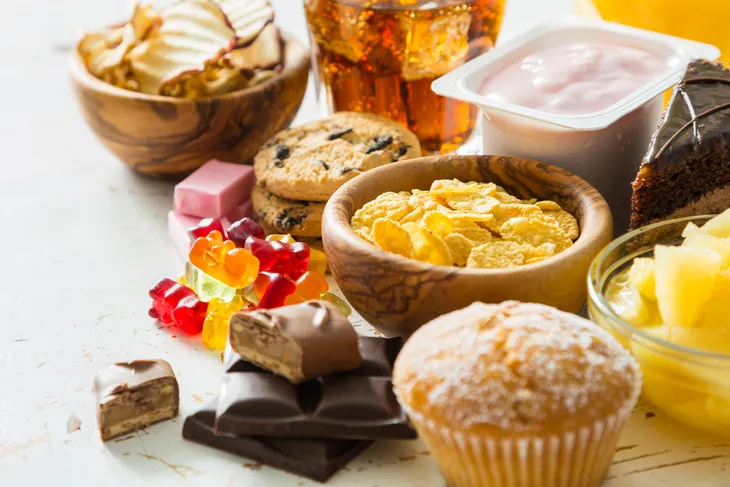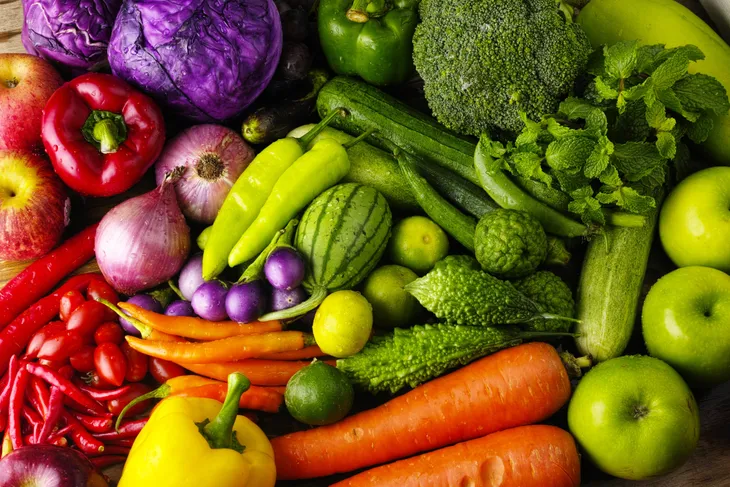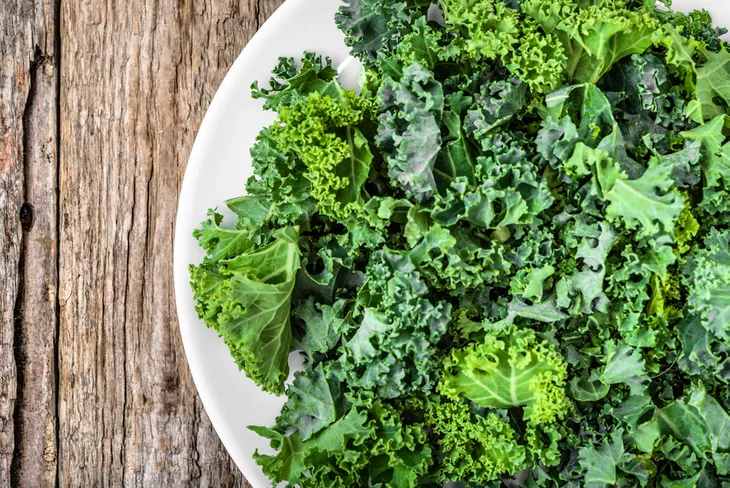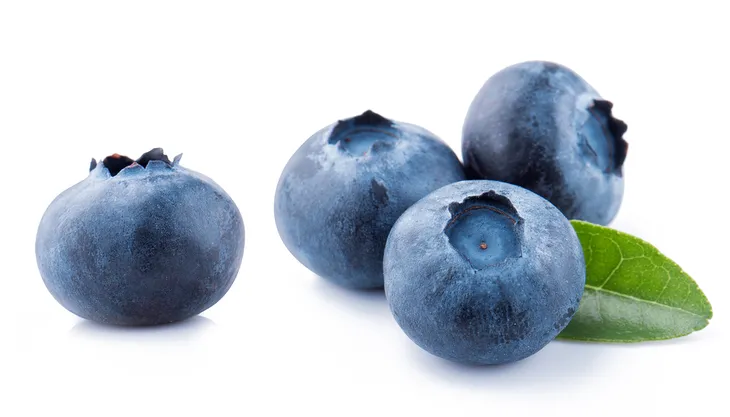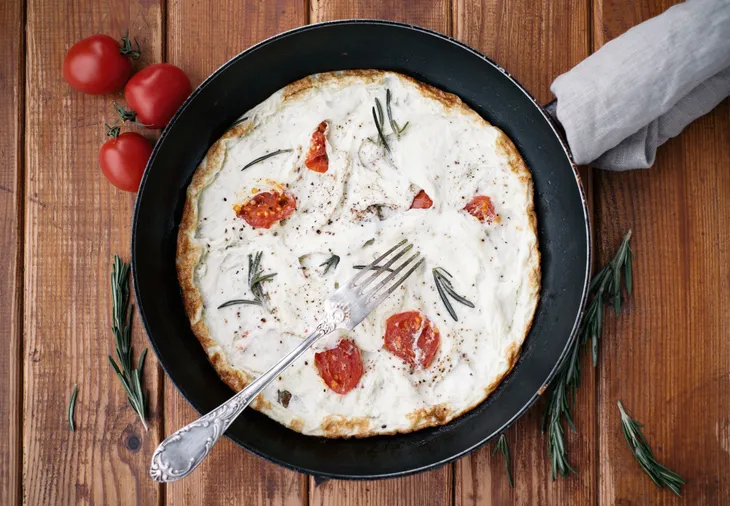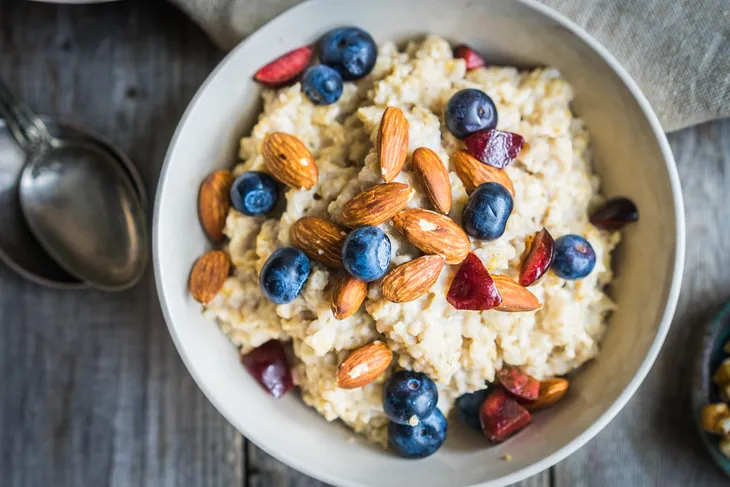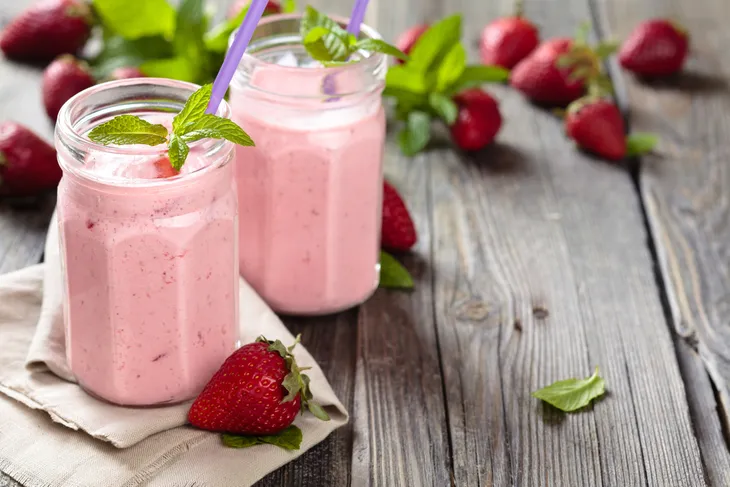The pancreas is a small gland found just to the rear of the stomach and in the upper left part of the abdominal area. Its primary functions are twofold: first, to help break down food and assist the body in absorbing their nutrients. Second, it maintains blood sugar levels, by releasing a hormone that regulates glucose in the bloodstream.
Of course, that begs the question — what happens when the pancreas experiences trauma, such as through the development of pancreatic cancer? And what can we do with our diets to help in the fight against this form of cancer? Let’s take a look at some good and bad foods to consume if you’ve been diagnosed with pancreatic cancer.
Pureed Foods
As with many forms of cancer, pancreatic cancer can make it difficult for patients to eat, particularly if they’ve been put on an intense treatment plan, such as chemotherapy. For that reason, may doctors recommend patients eat pureed foods that are easy to consume and digest and pose the lowest threat of causing indigestion.
So, what do we mean by pureed foods? A few examples include apple sauce, mashed potatoes, mushy peas, yogurt, cottage cheese, and pureed fruits and vegetables. Soups and stews are also good choices. You can easily make soups and stews pureed by throwing them in the blender. For more, talk to your doctor, as your unique health situation may require other foods not listed here.
Healthy Snacks
Because the pancreas is so instrumental in the digestive process, a pancreatic cancer diagnosis — in addition to the treatments that usually follow — can make it difficult to eat anything, let alone three larger meals each day (including breakfast, lunch, and dinner).
For that reason, many doctors recommend pancreatic cancer patients eat many snacks throughout the day. This will help keep a patient’s energy levels up, fight fatigue, and help them maintain a reasonable metabolism. That said, these snacks should be healthy, so try to choose fruits, vegetables, whole grains and lean proteins over high-salt, high-sugar, high-fat processed snacks like chips, chocolate bars, and candy.
Low-Fat Foods
The pancreas plays a central role in helping us digest our food. But when it experiences a crisis, like the onset of pancreatic cancer, then it can struggle to do its job. And that means it has the most trouble assisting with the digestion of hard-to-digest foods, and particularly those that are high in fat.
For that reason, doctors often recommend pancreatic cancer patients to completely avoid foods that are deep-fried or contain excessive fat. Some examples may include fast-food options like cheeseburgers, chicken nuggets, french fries, and milkshakes. But the list could also include home-cooked high-fat foods, from baked goods like cookies, cakes and pies to savory favorites like curry, meat pies, roast beef, fried chicken, etc. Instead, those with pancreatic cancer should focus on low-fat foods, like fruits, vegetables, and whole grains, or lean proteins like grilled chicken or turkey breast.
Low-Sugar Foods
In addition to helping with digestion, the pancreas assists in regulating blood sugar levels in the body. This is particularly important if an individual consumes a lot of carbohydrates and high-sugar foods, like baked goods, candy, chocolate, and other sweet treats.
That’s why it’s so important for pancreatic cancer patients to severely limit how much of these sugary foods they eat. With the pancreas struggling to function as it should, the gland can have a much harder time regulating blood sugar and compensating for a high-sugar diet. That’s why most physicians recommend pancreatic cancer patients take it easy on these snacks and replace them with fruits and especially vegetables.
Water
It’s never really a bad idea to have a glass of water and continue doing so regularly throughout the day. On average, people should drink between five and 10 glasses of water each day in order to stay hydrated, though this number may increase if you engage in moderate or intense physical activity or live in a hot, dry area.
Individuals who have been diagnosed with pancreatic cancer are often encouraged to drink more than the average daily requirement of water because the condition can place a strain on the body, requiring additional hydration. This is largely related to the way pancreatic cancer affects digestion and regulating blood sugar levels, two functions carried out by the pancreas.
Vegetables
There are few times when one should avoid eating vegetables; generally speaking, they’re among the most useful foods one can consume. And that’s certainly true in cases of pancreatic cancer, when many foods — like those high in salt, sugar, or fat — must be avoided and therefore replaced.
Vegetables aren’t just a “nice-to-have” when it comes to the diet of anyone fighting pancreatic cancer; they’re an absolute necessity. That’s because they contain few if any carbohydrates, which can impact the body’s blood sugar levels, and which are often thrown off by pancreatic cancer. Vegetables are also high in fiber, which means they can help push food through the body quicker and more efficiently, an absolute necessity for pancreatic cancer patients who may experience difficulties with digestion.
Dark, Leafy Greens
Although pancreatic cancer patients can benefit from eating just about any type of vegetable, there are some veggies that offer exceptional benefits. In this group — and potentially at the top of it — are dark, leafy greens, including kale, spinach, swiss chard, and arugula.
That’s because these kinds of greens are incredibly high in fiber, which can help compensate for challenges to the digestion system posed by this kind of cancer, and antioxidants, which can help fight inflammation and give the immune system a much-needed boost.
Berries
Berries like blueberries, blackberries, raspberries, and strawberries occupy a lovely little middle ground between the foods we want to eat and the foods we should be eating. It’s not something you can say about a lot of healthy fruits and vegetables!
Berries are exceptionally healthy because they’re packed with antioxidants, which can fight inflammation and help in the fight against infection while giving our immune system a much-needed boost. That said, some have more antioxidants than others — typically, blueberries and blackberries outrank raspberries and strawberries in this regard. In any case, berries are a wise food choice for anyone dealing with pancreatic cancer.
Eggs
Eggs have enjoyed something of a surge in popularity in recent years, for a few key reasons. First, they’re high in protein, which helps build muscle and keep us feeling full (thereby curbing our appetite for less healthy options). Second, eggs often contain omega-3 fatty acids, which can help in the fight against inflammation and may help boost both heart and brain functionality.
For individuals with pancreatic cancer, these are both helpful traits. If the cancer causes the pancreas to struggle with digestion, the protein and omega-3 fatty acids found in eggs can help the patient maintain their strength.
Salmon
Like eggs, salmon provides a source of relatively lean protein and access to omega-3 fatty acids, which can help with the fight against inflammation and infection and have been linked to improved brain and heart functionality — all useful traits for a healthy or less healthy individual.
In terms of how salmon can assist someone with pancreatic cancer, the protein can help sustain their muscle levels and keep them feeling full, while the omega-3 fatty acids can alleviate the inflammation which may impact the digestive system. Together, this can help an individual find the strength and energy to continue their fight against pancreatic cancer.
Oatmeal
Oatmeal is considered a healthy choice of breakfast food for several key reasons. For one, it tends to be low in sugar, so long as you don’t buy the kind with added sugar (like those with maple or apple cinnamon flavors). Second, it’s a complex carbohydrate, which unlike simply carbohydrates (like white bread or white rice) takes a long time to digest, helping us feel full longer.
This makes oatmeal a good choice for individuals with pancreatic cancer, for a couple reasons. First, because it’s usually low in sugar, oatmeal won’t negatively impact blood sugar levels, which are often impacted by cancer of the pancreas. Second, the slow digestion of oatmeal means it will provide a steady rate of energy over a longer period of time, helping cancer patients maintain their strength.
Smoothies
Individuals with pancreatic cancer can have a hard time comfortably digesting their food, for two reasons: first, this kind of cancer can limit the pancreas’ capability to assist in digestion by releasing enzymes that break down our food. Second, this kind of cancer can hurt the pancreas’ ability to regulate blood sugar levels.
A smoothie that contains fruit and vegetables represents an excellent way to compensate for these issues. For one, it’s much easier to digest and process than solid foods, and especially foods high in fat, sugar, or salt. Second, if it contains low-sugar, high-fiber fruits and veggies, a smoothie can help push foods through the body without throwing blood sugar levels through the roof.

